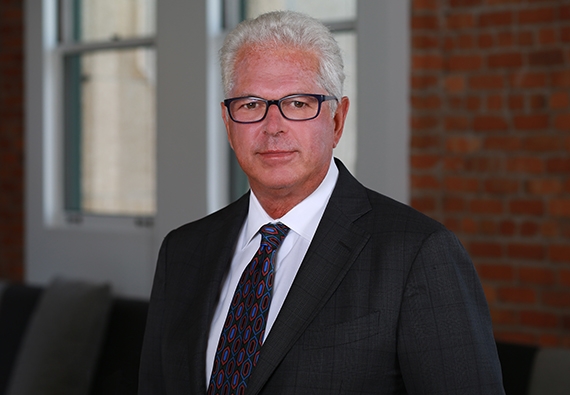California Court of Appeal Upholds Validity of SB 35 to Streamline Approval of Affordable Housing Projects
The California Court of Appeal issued a unanimous decision that will have lasting, positive implications for developers utilizing SB 35. SB 35 (Cal. Gov't Code Sec. 65913.4) requires cities and counties to quickly and ministerially approve housing projects with a high percentage of affordable units. The decision directed the City of Berkeley to grant SB 35 approval to a proposed mixed-income residential development in what is now the Spenger's parking lot on Fourth Street in West Berkeley.
Initially proposed in 2015 with 135 residential units over 33,000 square feet of retail space and parking, the project became entangled in the CEQA process given its location within an area designated as a city landmark because of its close proximity to the West Berkeley Shellmound. Looking to take advantage of the streamlined ministerial approval process afforded by SB 35 and avoid CEQA review, the project was repackaged in 2018 to include 260 residential units (50% affordable to low-income households) over 27,500 square feet of retail and parking.
The city denied the SB 35 application on three primary grounds: first, that SB 35 could not be applied within Berkeley because the city's status as a charter city meant it had the right to govern itself with regard to municipal affairs; second, that SB 35 did not apply to projects requiring demolition of a designated historic structure (here, potential below grade remnants of the West Berkeley Shellmound); and third, that the project conflicted with the city's affordable housing mitigation fee and traffic capacity requirements.
After the Alameda County Superior Court upheld the city's decision in 2019, the case made its way to the Court of Appeal.
In its decision overturning the trial court's ruling, the Court of Appeal stressed the "crisis of insufficient housing in the state" and the Legislature's explicit statement that SB 35 applies to charter cities because "ensuring access to affordable housing is a matter of statewide concern, and not a municipal affair." SB 35, the court noted, "addresses the crisis level statewide lack of affordable housing by eliminating local discretion to deny approval where specified objective planning criteria are met." Indeed, "historical preservation is precisely the kind of subjective discretionary land use decision the Legislature sought to prevent local government from using to defeat affordable housing development". In other words, any intrusion into the city's right as a charter city to control its local authority over preservation was not impermissibly broader that necessary to achieve the purpose of SB 35.
On the issue of the inapplicability of SB 35 to projects that would demolish a designated historic structure, the court held that there was "no evidence in the record" that the project site (a parking lot) was a "historic structure" such that the project "would require the demolition of a historic structure that was placed on a … historic register", noting that SB 35 has a "limited" historic resource exception that "cautions against giving the exception its broadest possible meaning." The court stated that the SB 35 exception for demolitions of historic structures does not apply to sites where structures may have once existed, but rather actual existing structures – and that no such structure existed on the project site.
The court went on to reject the trial court's determination that SB 35's reference to "at least two-thirds of the square footage of the development designated for residential use" related to the underlying zoning of sites on which a project can be located, rather than the proposed project itself. Pointing the legislative history, amendments to SB 35, the Housing Accountability Act, and interpretations of SB 35 by Berkeley's City Manager and the California Department of Housing and Community Development, the court held that these sources "demonstrate unequivocally what the language of the statute … indicated all along: that [SB 35] applies to mixed-use developments that designate at least two-thirds of their square footage to residential use."
Finally, the court held that uncertainty regarding how the project would comply with Berkeley's affordable housing mitigation fee and traffic capacity requirements were not objective land use standards that could be used by the city to deny SB 35 approval.
The court required the city to pay the project team's court costs, and the project team's next step will certainly be to now seek award of its attorneys' fees as well, as provided by state law.
The Court of Appeal's recognition of SB 35's lawful role in addressing the housing crisis as a matter of statewide concern, and its rejection of Berkeley's purported grounds for denying its application, provide significant legal precedent supporting affordable housing developers use of SB 35 to obtain swift ministerial project approvals from cities and counties.


